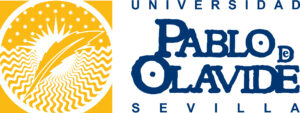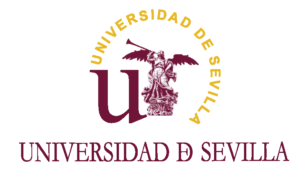Project partners
The BIOCLIMAPATHS’ consortium leveraged on complementary expertise of research partners from Austria, Germany and Spain, covering a wide range of climate regions in north, central and south-Europe:

Vienna University of Economics & Business (WU) supported the project with its expertise in climate economics, ecological economics, input-output analysis and bioeconomy related research. WU led the project as well as work package 4, and coordinated the cross-sectoral model development among work packages (work package 5).

Potsdam Institute for Climate Impact Research (PIK) contributed its analytical and modeling expertise in research for climate and ecosystem resilience, food security and the complex relation between bioeconomy and the Sustainable Development Goals. PIK led work package 1 and co-led work package 5.

Universidad Pablo de Olavide (UPO) supported the project with its expertise in input-output modeling and macro-economic analysis, in particular in the field of the upcoming bioeconomy in the EU. UPO led work package 2.

University of Seville (US) contributed its research experience in bioeconomy database construction, in particular the social accounting matrix construction of the EU bioeconomy at the member state level (Bio-SAMs), as well as its expertise in agricultural, regional and macro-economic analysis. US co-led work package 2 and supported the project in advancing the state of the art in cross-sectoral bioeconomy modeling.

The International Institute for Applied Systems Analysis (IIASA) brought in its novel approaches to economic forecasting, by means of hybrid agent based modeling techniques, which supported the team in identifying risk transmission channels from climate change to socio economic systems and financial regulation. IIASA led Work Package 3 and ran the scenarios in work package 4.

